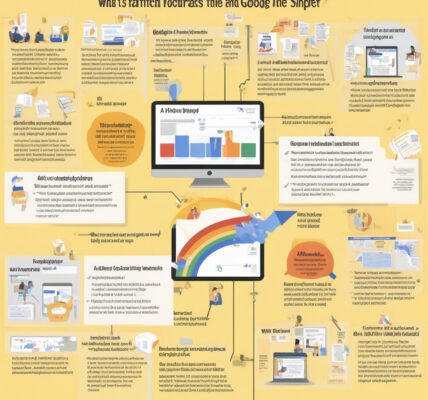ServiceNow has recently launched its Now Platform Xanadu, a significant update packed with hundreds of new artificial intelligence (AI) features set to reshape productivity across various business functions including IT, customer service, human resources, and procurement. This release showcases ServiceNow’s commitment to enhancing efficiency and introduces critical AI capabilities designed to meet the growing demands of organizations.
According to Jon Sigler, Senior Vice President for Platform and AI at ServiceNow, the impetus for these advancements stems from customer expectations for higher productivity and value from generative AI deployments. Sigler emphasized, “Our customers are hungry to put AI to work now and they want more from their GenAI deployments—more productivity, more personalisation, more value.” It’s this drive that has led to the development of a comprehensive platform experience.
One of the standout features introduced with Xanadu is the ServiceNow AI Agents. These agents are designed to operate on a massive scale, intended to redefine the way AI collaborates with human workers across different business areas. The initial roll-out for Customer Service Management (CSM) AI Agents and IT Service Management (ITSM) AI Agents is scheduled for November, aiming to enhance mean-time-to-resolution metrics and significantly boost the productivity of live agents.
In addition to these agents, the platform has upgraded its capabilities in proactive security management through the Now Assist for Security Operations (SecOps). This feature aims to improve response times related to security threats, equipping users with AI-driven incident summaries and interactive Q&A capabilities to prioritize actions effectively. Innovations in this feature also extend to Finance and Supply Chain Workflows, targeting Sourcing and Procurement Operations to streamline procurement processes further.
Another noteworthy capability introduced is the Now Assist Skill Kit. This tool allows organizations to develop and deploy custom generative AI skills tailored to their specific operational needs. Included within the Skill Kit are data visualization tools and LLM-based proactive prompts that facilitate enhanced internal collaboration and operational processes. This pro-code experience caters to enterprises looking to harness AI innovations to address business-specific challenges.
ServiceNow also expanded its strategic partnerships, notably integrating with Copilot for Microsoft 365. This collaboration is set to empower employees by fostering connected experiences that ideally enhance overall productivity.
Beyond its novel AI features for various sectors, ServiceNow is deepening its reach into retail, introducing Retail Operations and Retail Service Management. These new offerings aim to unify the retail ecosystem, significantly enhancing customer support for both in-store and online transactions. The adaptability of these new tools illustrates ServiceNow’s understanding of the diverse needs of various industries.
ServiceNow’s commitment to innovation is evident in the platform-wide enhancements encapsulated in Xanadu. These enhancements culminate in an integrated development environment (IDE) aimed at speeding up application creation and modification. The expanded Enterprise Architecture capabilities further align IT operations with overarching business goals, ensuring holistic operational efficiency.
In the realm of IT Operations Management (ITOM), Xanadu adds new AIOps features that allow IT teams to efficiently group alerts and better grasp their implications through impactful visualizations. A critical addition, Service Reliability Management, enhances application issue resolution, offering deep insights into performance metrics.
For day-to-day operations, the Guided Self-Service feature within the Employee Center introduces an interactive method for employees to seek assistance across various departments like IT and HR. This functionality not only streamlines operations but also enhances user experience by making help more accessible.
ServiceNow has complemented these features with the introduction of RaptorDB Pro, a high-performance database promising up to 53% faster transaction speeds and improved reporting capabilities. This infrastructure enables organizations to support more users and workflows seamlessly.
Feedback from ServiceNow’s clientele has been overwhelmingly positive. Sunil Tulyani from Eaton remarked on generative AI’s potential to enhance productivity and efficiency, while Arlen Shenkman of Boomi echoed the benefits of simplifying customer support processes. Additionally, BT Group’s Hena Jalil reported improved productivity among agents through pilot implementations of Now Assist.
Most of the generative AI functionalities in the Xanadu release are currently operational, with more features expected to roll out through 2025. By integrating these advanced AI capabilities across various industries and everyday operations, ServiceNow is demonstrating its commitment to advancing business productivity through innovative technology solutions.
Incorporating these robust AI features empowers organizations to enhance their workflows, improve response times, and ultimately achieve a higher degree of operational efficiency. As ServiceNow continues to evolve its offerings, the potential for organizations to leverage AI in a meaningful way becomes increasingly tangible.












